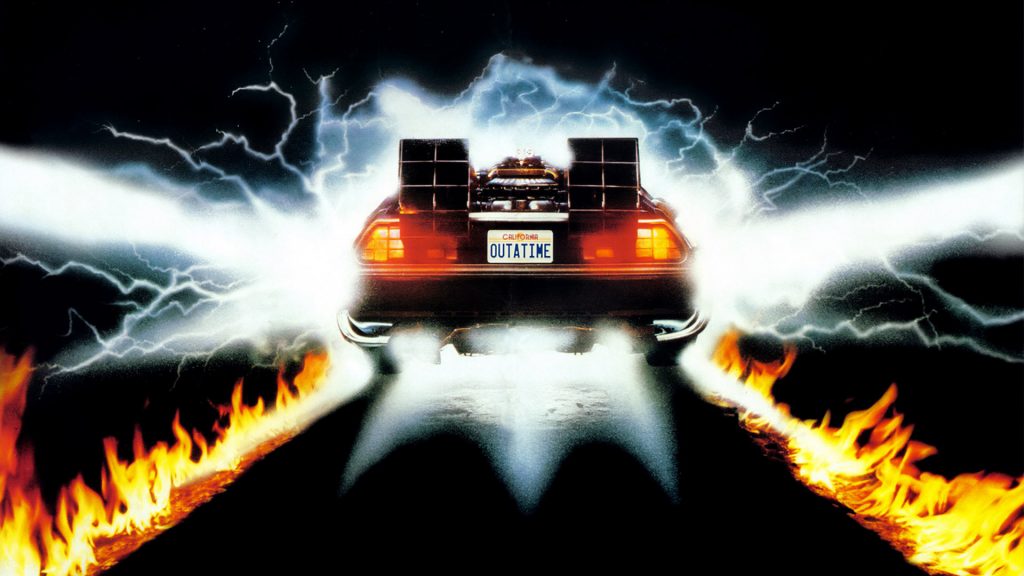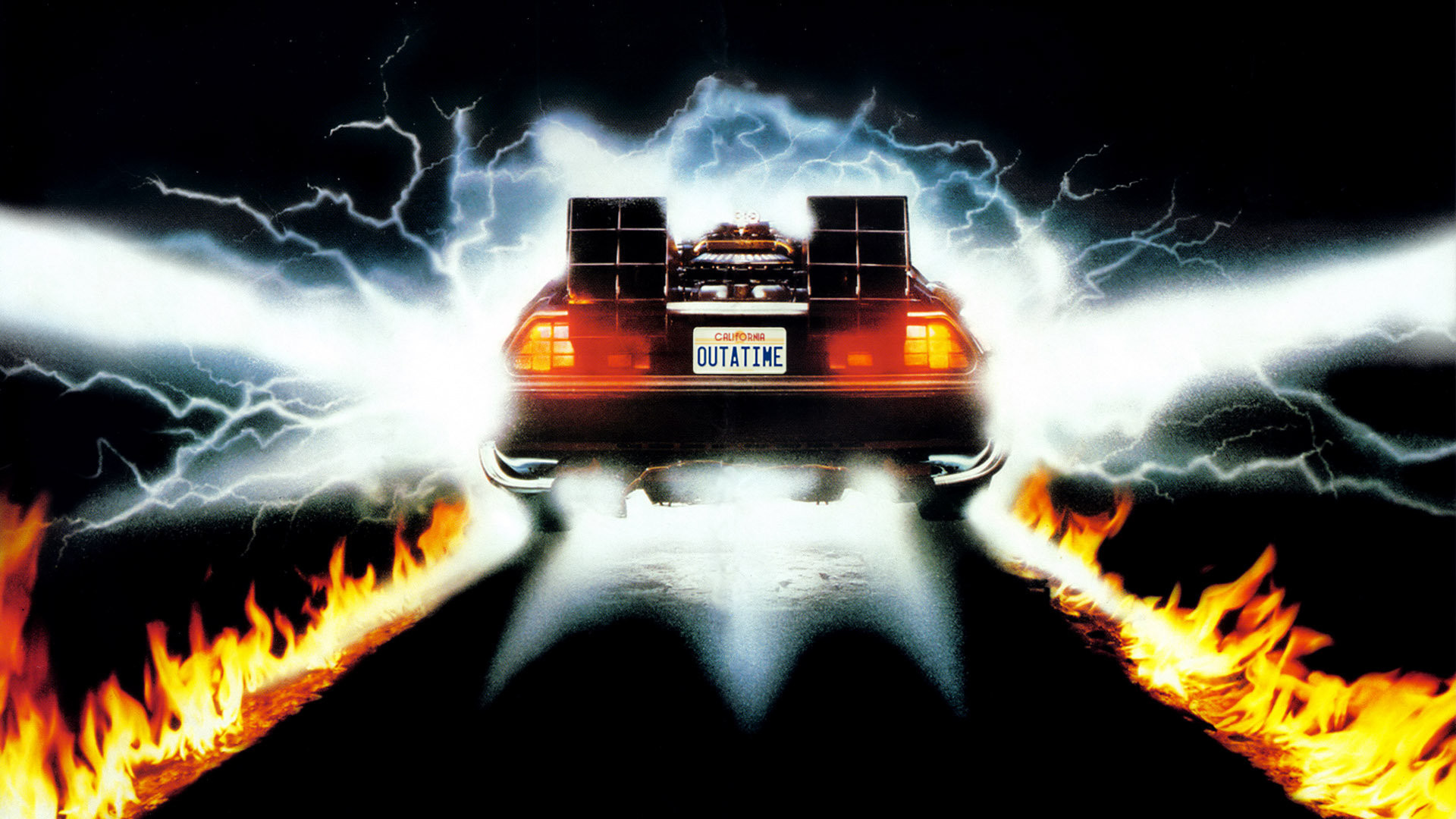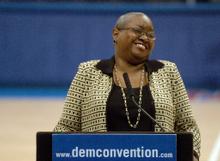Hal Lindsey’s The Late Great Planet Earth, reintroduced a generation of Evangelicals to apocalyptic and eschatological themes that had been present in Evangelical movements from the beginning. That book made a mark on the culture largely because it took current events, ripped them right off the front pages of the newspapers and overlaid them on the older venerable narrative of Dispensational theology. Evangelicals, since we are marked in part by a desire to keep our traditions vibrant and relevant, often find helpful this act of reading with the Bible in one hand and the newspaper in the other. (This turn of phrase has been attributed to Karl Barth, but an actual citation is difficult to nail down.) But of course it can lead us astray, as when Conservative Evangelicals pretend to be able to read current events as definitely with or against God’s will. That is exactly what Lindsey did in his book, read the events of Nixon’s America directly into the biblical narrative. The future, it seems, is a kind of blank canvas up which we are eager to paint our hopes, desires and fears, and Evangelicals have embraced this task with uncommon zeal. Here in LE Blog, however, we’re going to do something a little different over the next few weeks and months. Here we’re going to try to look at the future with an honest and critical eye. Our goal is not so much prediction for the sake of prediction – we’re not wagering on sports after all – but rather self-criticism.
Where are we headed and what can we expect the future to hold for Liberal Evangelicals?
As a young man during the first Gulf War, I remember sitting on my bed talking to Jennifer George (my first major crush) on the telephone as we poured over Revelation together looking for clues that Saddam Hussein might be the antichrist. That was more than a bit silly. Here we will not be scouring Revelation for clues as to coming events. Instead, we will learn from the approach of social psychology and look to the future without recourse to naïve supernaturalism or special revelation. Our method will involve 1) using what we know about how people think and act in groups, 2) examining current social and technological trends and 3) hypothetically extrapolating from 1 and 2 in order to predict what the future might hold for us. Our goal is not so much to “get it right” but rather to use the exercise as an occasion for critical self-examination.
My proposal: Over the coming weeks and months we’ll examine four separate social trends to which LiberalEvangelicals will have to respond, hopefully with wisdom and grace. None of these trends are unambiguously “good or bad” though some may portend well for Liberal Evangelicals and others may not. The important point is that these trends are likely here to stay, and we will have to respond and adapt as best we can without any guarantees of success.
Trend 1: Increased Urbanization
According to the World Health Organization, 2010 marked an important demographic milestone in human history. At that time, for the first time, more of us lived in cities than in rural settings, towns or villages. Centuries from now, we may look back at 2010 and commemorate that year as the moment in time when we became a truly social species. City life requires a unique set of social skills and if the social psychologists are correct, it will increasingly require that we modify many of our most basic ethical instincts and habits. When we examine the trend toward increased urbanization, we’ll look especially closely at the kinds of ethical and social habits that LiberalEvangelicals will have to adjust if we are to thrive in tomorrow’s cities. (I predict a healthy helping of Harvey Cox references in our future.)
Trend 2: Increased Social Connectivity
Yes, this has become a cliché. My father-n-law, a noted luddite, now sends the occasional e-mail, so we’re all more than aware of the fact that we are increasingly connected to one another via social media and technological innovations that allow us to experience virtually what our friends and family see, hear and think. How long before we can taste, touch and smell at a distance? But despite the fact that the “meme” of “increased social connectivity” has “gone viral” the social implications are unclear. It is not evident that this trend has progressive implications. In fact, when we explore this trend in depth we’ll see that connectivity may actually stifle broader ecumenical understanding and social sympathy. How should LiberalEvangelicals respond?
Trend 3: Agnostic Secularism
“Agnostic Secularism” is an odd phrase, but I now find it necessary to specify the kind of secularism that I’m talking about whenever I use the term. There is secularism as a political philosophy that refuses to take sides in religious disputes or issues and instead allows for a plurality of religions to flourish in the market place of ideas. I refer to this sort of secularism as agnostic because it simply recuses itself form religious questions. Then there is secularism as a political philosophy that works to minimize if not entirely eradicate the influence of religion in public life. This kind of secularism was best represented by the late and not-so-great Pauline Marois. (God rest her political career!) Luckily this more aggressive kind of secularism does not seem capable of building stable long-term consensus or institutions. As for the political trend toward increased Agnostic Secularism, I’ll argue that LiberalEvangelicals should work to embrace itâ’s general aims. If anything, Liberal Evangelicalism is built to thrive in such a context.
Trend 4: Increased Multi-Culturalism
I hate to break it to folks in the boondocks and backwaters of American life and culture, but fact that you once saw a Mexican at the Winn-Dixie deli counter does not mean that you now live in a multi-cultural America. Huge swaths of our planet remain culturally, racially, religiously and linguistically homogeneous. But change in coming, and it’s coming fast. My child goes to a bilingual school full of little children who Jesus would have loved: red and yellow, black and white. We know parents at his school from at least eleven countries. He is himself bilingual and a dual citizen – enough paternal pride for the moment. I have students in my classes from seven religions: Christian, Jewish, Muslim, Sikh, Hindu, Buddhist, and Pagan. Much of this multi-cultural diversity is due to the fact that we live within a days drive of four of North America’s largest and most diverse urban areas: Boston, New York, Toronto and Montreal. Just as increased urbanization is likely in the coming years, we should expect that our little pockets of homogeneity will be increasingly disrupted as we encounter and live beside folks who are more and more different from us. Will this lead to a more general homogeneity – a melting pot – or will social fragmentation prove to be the norm? Perhaps no question is more pressing for LiberalEvangelicals. As the Christian default begins to erode in North America, do we cheer this development and embrace a strange new world, or should we fight to retain the old world and its norms? You know me by now, faithful readers, what do you think I’ll argue for?
I’m excited about this series of reflections. It will give me a chance to dig deeper into some familiar themes in moral and social psychology as well as a chance to make obscure sci-fi references. So brush off your Heinlein, bust out your Le Guin, sharpen your Clarke and get up off your Asimovs (couldn’t help it). Fall is here and its time for us to join Marty McFly in that old Delorean.

“Roads? Where we’re going, we don’t need roads!”


